
- A diploma in cinematograpy will include:
- Introduction to visual storytelling
- Technical introduction to the camera (aperture, shutter speed, ISO, etc.)
- Lenses, depth of field, perspective
- Camera placement and movement
- Lighting tools
- Using lighting to create mood and texture
- Creative lighting, three-point lighting
- Human eye and perception of color and its interpretation
- Mentoring from experts
- Final project submission of your cinematography course
Seamedu is a cinematography college in Pune
Module 1 - Introduction to Visual Storytelling
- Understanding Visual Storytelling through Painting
- Understanding Visual Storytelling through Photography
- History of Camera - Analog to Digital
- Photography as Art
- Images as Communication - The Power of the Image - Messages Hidden in Images - Communicating Your Message
- The Frame and Aspect Ratio
Module 2 - A Technical Introduction to the Camera
- How is an Image Created?
- Camera Components and Functions - DSLRs and Digital Film Camera
- ISO, Exposure, Aperture and Shutter speed - I
- ISO, Exposure, Aperture and Shutter speed - II
- ISO, Exposure, Aperture and Shutter speed - III
- Creative Use of Exposure Time - Controlling Exposure
Module 3 - A Technical Introduction to the Camera
- Shutter Speed - Using Slow Shutter Speed on a Video Camera
- Aperture Effects
- The Sensor
- Adjusting Sensitivity
- Noise
- Video and Still Cameras
- Video Exposure Functions
Module 4- The Lens
- What is a Lens? The Main Functions of a Photographic Lens
- Lens Types
- Sharpness and Distortion
- Field of View, Perspective and Depth
- What Lens Do I Need? Guidelines for Choosing a Lens.
- Understanding Cinematic Lenses
Module 5 - Camera Placement and Movement
- Shot types and sizes (LS, WS, CS, etc.)
- Camera Height and Angles
- Camera movement: Panning, Tilting, Tracking, Circular movement, Push-in, Push-out, crane movement, handheld, Steadicam movement and Static Shots
Understanding Viewpoint:
- Objective and Subjective Camera Work
- Audience Viewpoint
- First-Person Viewpoint
- Third-Person Restricted Viewpoint
- Omniscient Viewpoint
- Point-of-View Shot
- Analyzing "Vertigo"
Module 6- Lighting Tools
- What Can Light Do for Us? and storytelling with lighting
- Properties of Light
- Illumination, Depth and Shape, Texture, Mood
- Professional Lighting Tools
- Light Meters
- Improvised Lighting Tools and DIY Lighting
Module 7- Creative Lighting
- Creative Lighting Analysis
- Lighting the Face
- Visual Intensity, Contrast and Affinity
- Contrast in Colour and Evaluating Colour Contrast
- Three-Point Lighting and Effective Use of Three-Point Lighting
- Practical Lighting Applications
Module 8 - Colour
- The Human Eye and The concept of colour
- Colour Theory - I
- Colour Theory - II
- Colour Psychology
- Colour interpretation in Images and Film
- Colour interpretation in Film
- Colour Correction for Images
Module 9 - Mentoring
- Mentoring
- Guest Lecture
Module 10 - Final Submission and Reviewing
- Project Review
No Certifications Available For Selected Course.
- Freelance Cinematographer for Feature Length & Short Fiction Films, Web series
- Freelance Cinematographer for Television Commercials, Digital Ads, Corporate Films, Public Service Ads
- Freelance Cinematographer for Non- Fiction Programs for TV & Digital Media - Travel and Food Shows, Lifestyle, Fashion Videos& Documentary Films
- Freelance Cinematographer for Brand Videos, Vlogs
- Independent Content Creator for Social Media
No. Anyone with a passion for visual storytelling and a keen interest in learning the craft of filmmaking can pursue a cinematography course.
Yes. With the explosion of technology in audiovisual media, many options have opened up for young filmmakers. independently creating digital video content to working for companies and brands, the craft of visual storytelling has become pervasive and is the need of the hour.
Regular practice is required to hone technical and aesthetic capabilities in the cinematography course in Pune. The industry's demands can also be quite challenging, so one has to persist and be patient with one's efforts
No. Anyone with a passion for visual storytelling and a keen interest in learning the craft of filmmaking can pursue a cinematography course.
If you are well versed with the basics, there are Diploma in cinematography courses that will give an in-depth understanding in Cinematography and Editing. We also offer a 3 year degree program in Filmmaking that covers all the aspects of filmmaking in-depth.
There is a full-fledged 3 year Filmmaking Degree program. There is a 1 year Diploma course in Filmmaking, 6 months Diploma course in Cinematography and Editing, 3 months cinematography course in Foundation of Filmmaking and 1 month Virtual course in Short Filmmaking
The degree program is a course designed to equip students with the holistic approach towards filmmaking focusing on writing, cinematography, production, direction, editing and post-production for both fiction and non-fiction. In the cinematography course, the students will just get a glimpse of all the above aspects of film or audio-visual production. It will be more an introductory course to all aspects of film production.
The job placement depends entirely on the student’s project/assignment quality in a cinematography course and overall academic conduct regarding attendance and timely submission of all assignments.
You can visit the Industry Link tab on the website and, under it, click on Placement. We will display all the placed students.
Seamedu designs all classes with a practical approach.We believe in the concept of ‘learning by doing.’ Our students shoot films regularly with professional equipment. The course structure is unique as we provide specialisation from day one. We regularly conduct workshops, seminars, industry visits, and guest lectures by professionals. For our specialization courses, the practical-to-theory ratio is approximately 70:30 (per cent).
The minimum eligibility for BVA in Cinematography is 10+2 with a cut-off of 50% from a recognized board. Some courses also need students to give an entrance exam.
A diploma in cinematography is an excellent alternative to a BVA as it is a shorter course Students can do it after completing the 12th board.
A student with a minimum of 50% in their 12th boards can apply for BA in cinematography no matter which streams they choose in their higher secondary level.
No, there is no age limit to applying to undergraduate courses in cinematography. If you have completed your 12th boards with the required score, you can opt for an undergrad or diploma in cinematography whenever the urge arises.
Any cinematography course that focuses on both the practical and theoretical aspects of cinematography is a good option. Ensure that the system gives you exposure to the industry with numerous seminars and guest lectures and also provides you with opportunities for internships and apprenticeships.
Seamedu School of Pro-Expression is a great place to study cinematography in India. Cinematography courses are available in multiple locations, so you can pick the one that is most convenient for you.
Students aspiring to get into cinematography must obtain either an undergrad or a diploma in cinematography. These cinematography courses help students understand everything from the basics of cinematography as an art to the technical aspects, such as lighting and movement, that enables them to excel in their chosen field.
After the completion of their diploma in cinematography, students can opt for careers as:
- Freelance Cinematographer for Feature Length & Short Fiction Films, Web series
- Freelance Cinematographer for Television Commercials, Digital Ads, Corporate Films, and Public Service Ads
- Freelance Cinematographer for Non-Fiction Programs for TV & Digital Media such as Travel and Food Shows, Lifestyle, Fashion Videos, and Documentaries
- Freelance Cinematographer for Brand Videos, Vlogs
- Independent Content Creator for Social Media
The average annual salary of a cinematographer is around ₹4.0 LPA, and the starting salary is close to ₹1.0 LPA and can go up to ₹8.0 LPA. Senior-level cinematographers with over ten years of experience can earn up to ₹12 LPA. These numbers can change based on the cinematographer's expertise, skill, and creativity.
Many students opt for cinematography as their major as it is one of the most critical components of films. Although the competition in this field is vast, experts believe job opportunities will grow by 10% in the next 10 years.
This Diploma in Cinematography is a six month course.
To become a certified cinematographer, you must complete a film and media degree. If you have a passion for photography and want to be a certified cinematographer, you can opt for the diploma in cinematography course offered at Seamedu.







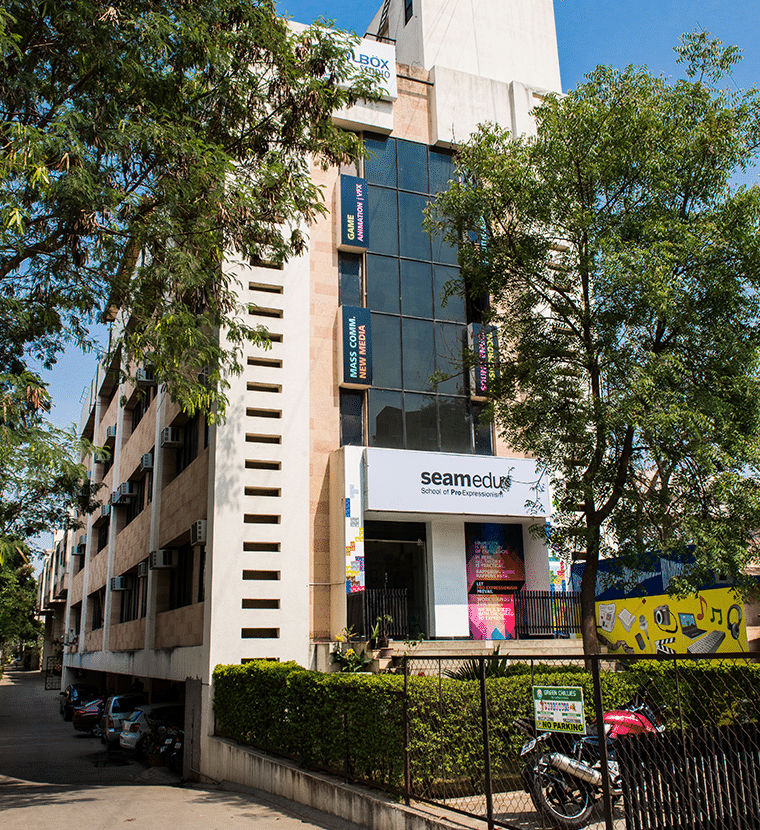
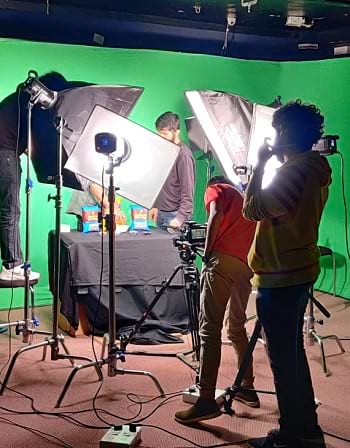
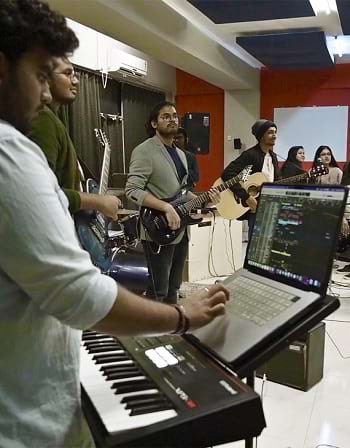
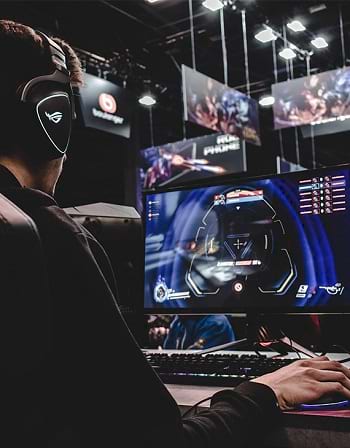
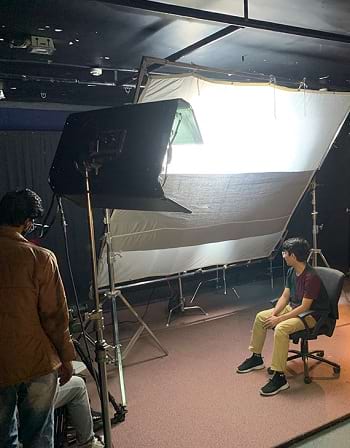
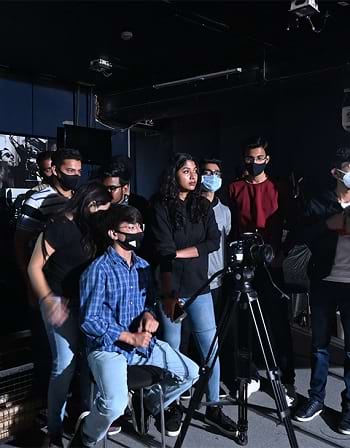
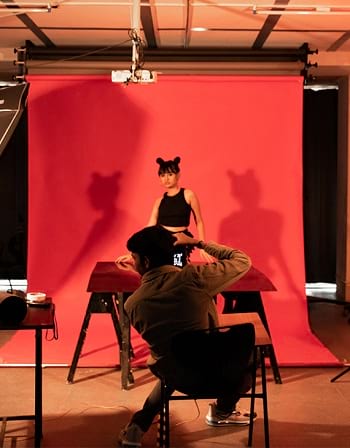
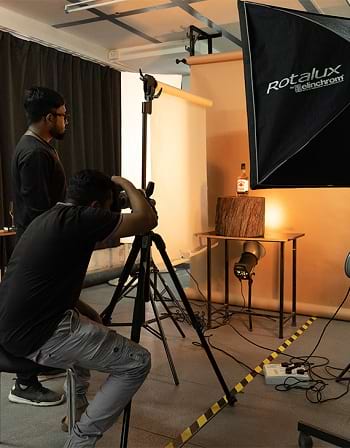
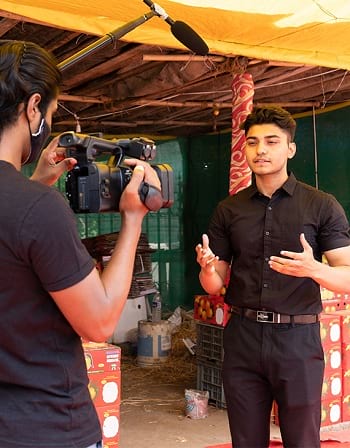
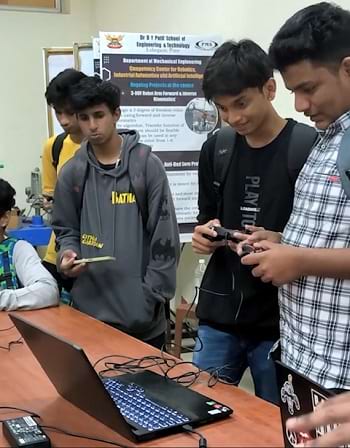
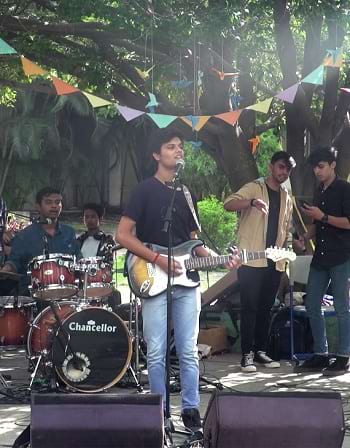
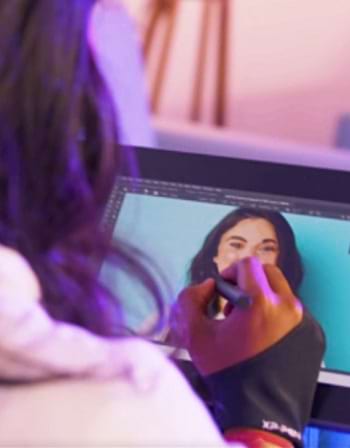
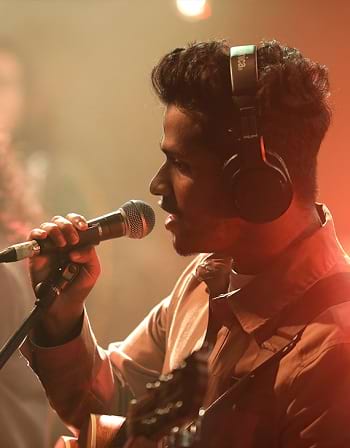
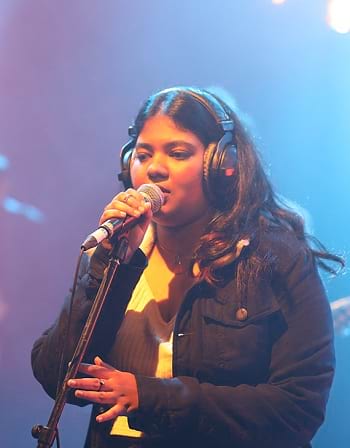
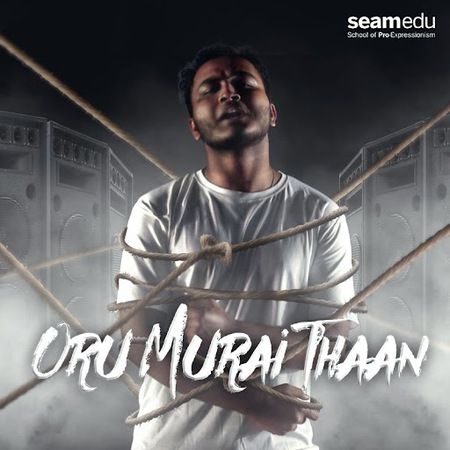
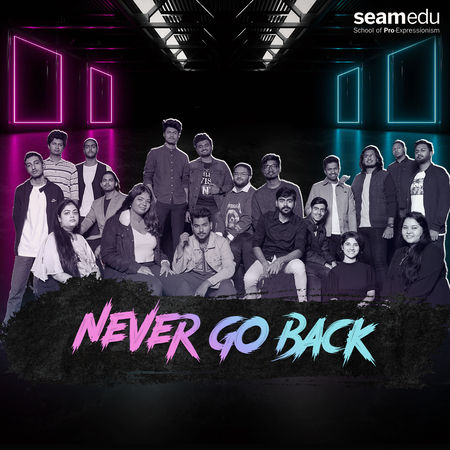
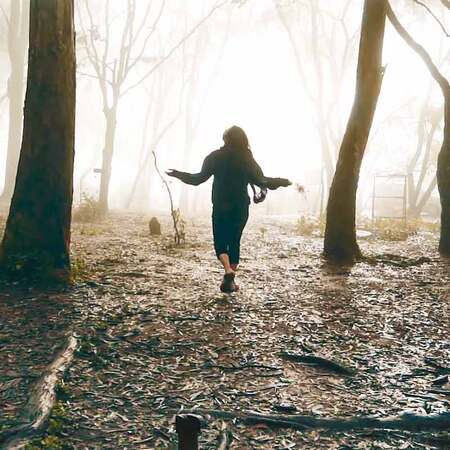
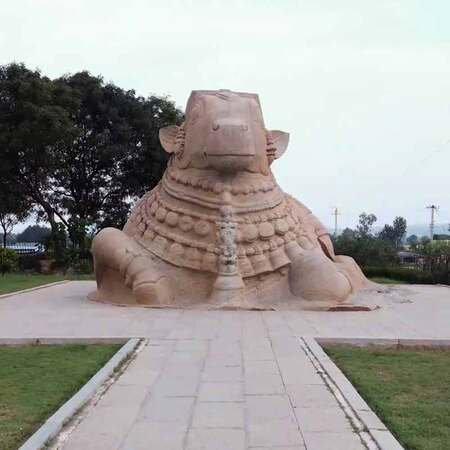
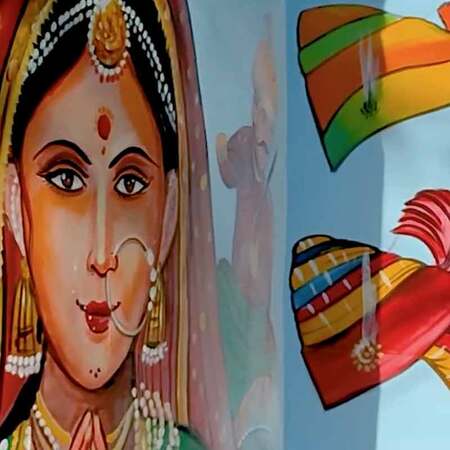
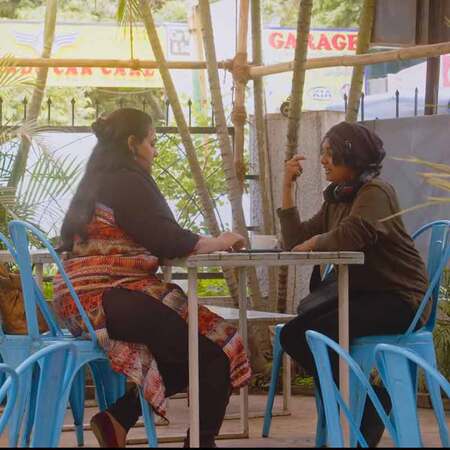
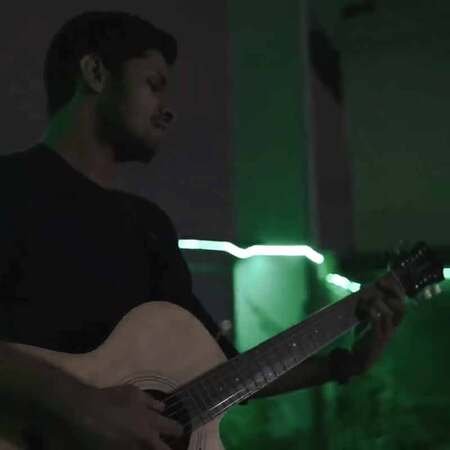
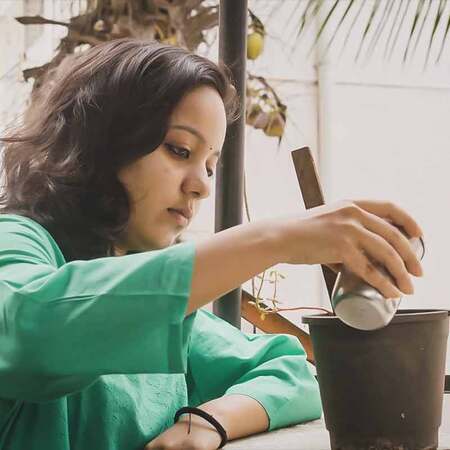


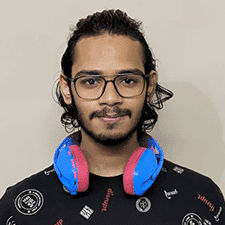













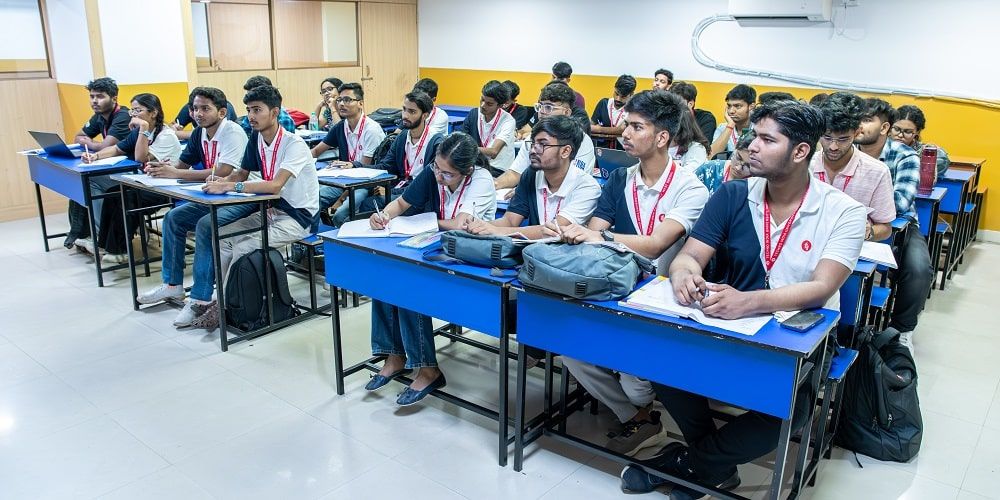
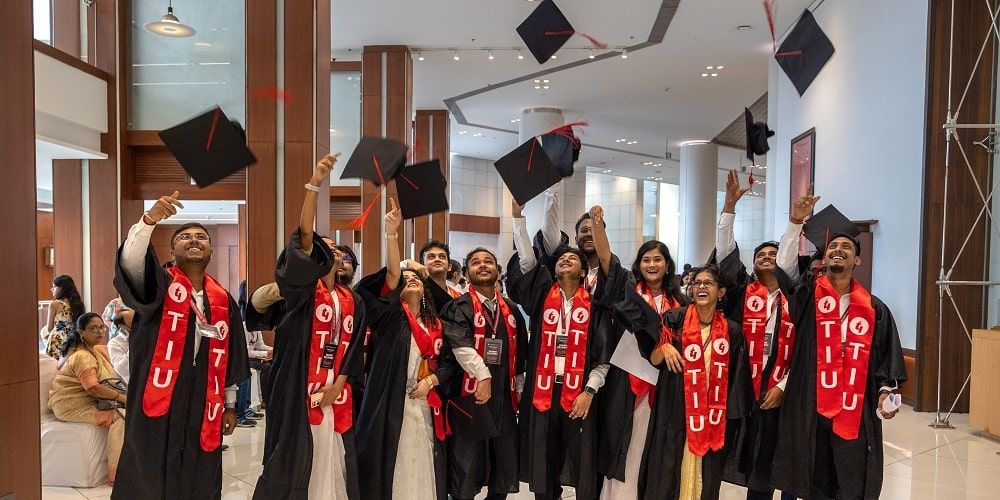
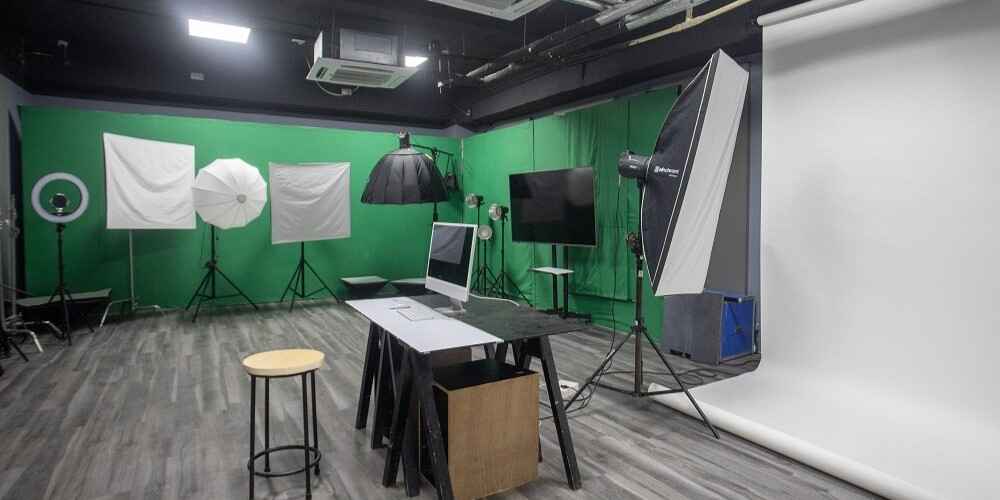
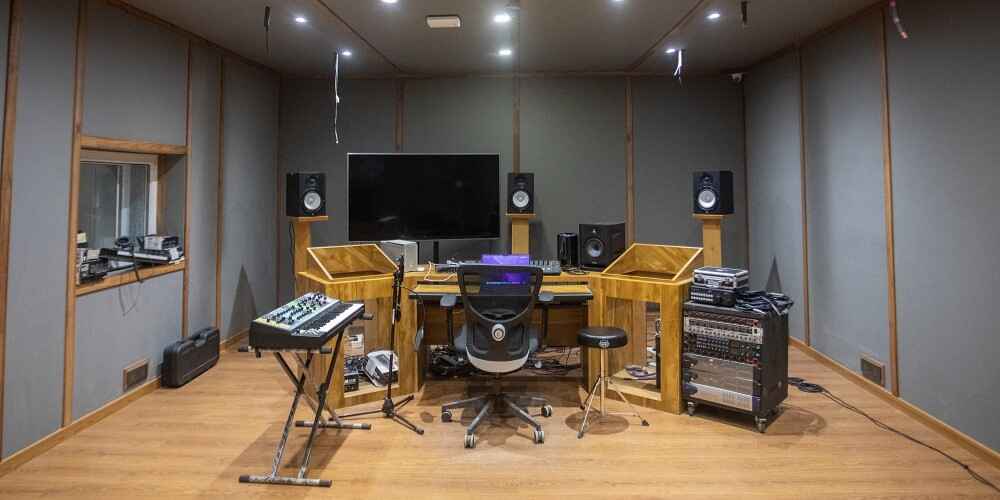
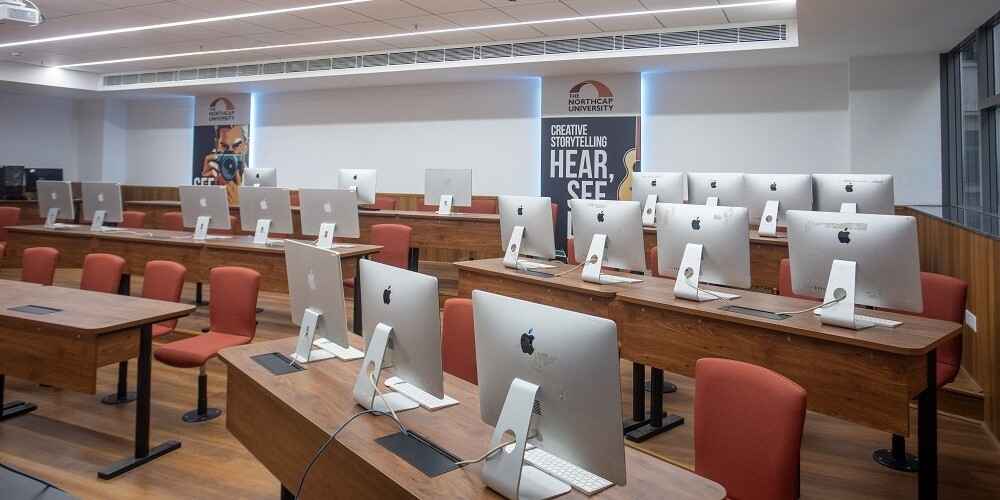
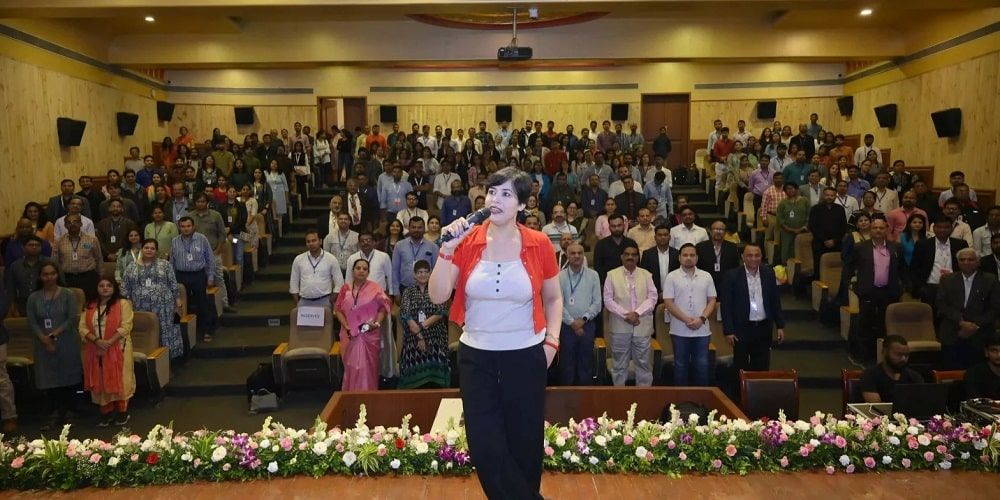
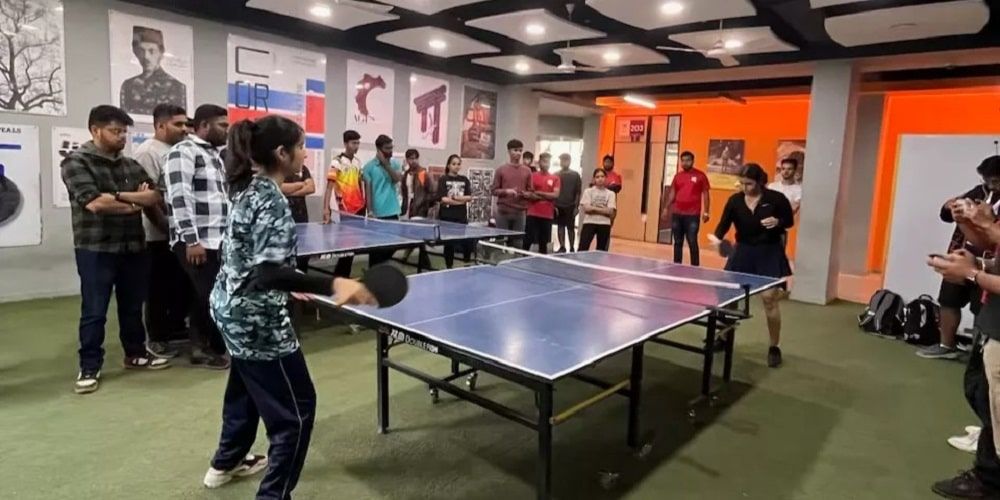



 info@seamedu.com
info@seamedu.com
 +91 9225088657
+91 9225088657


